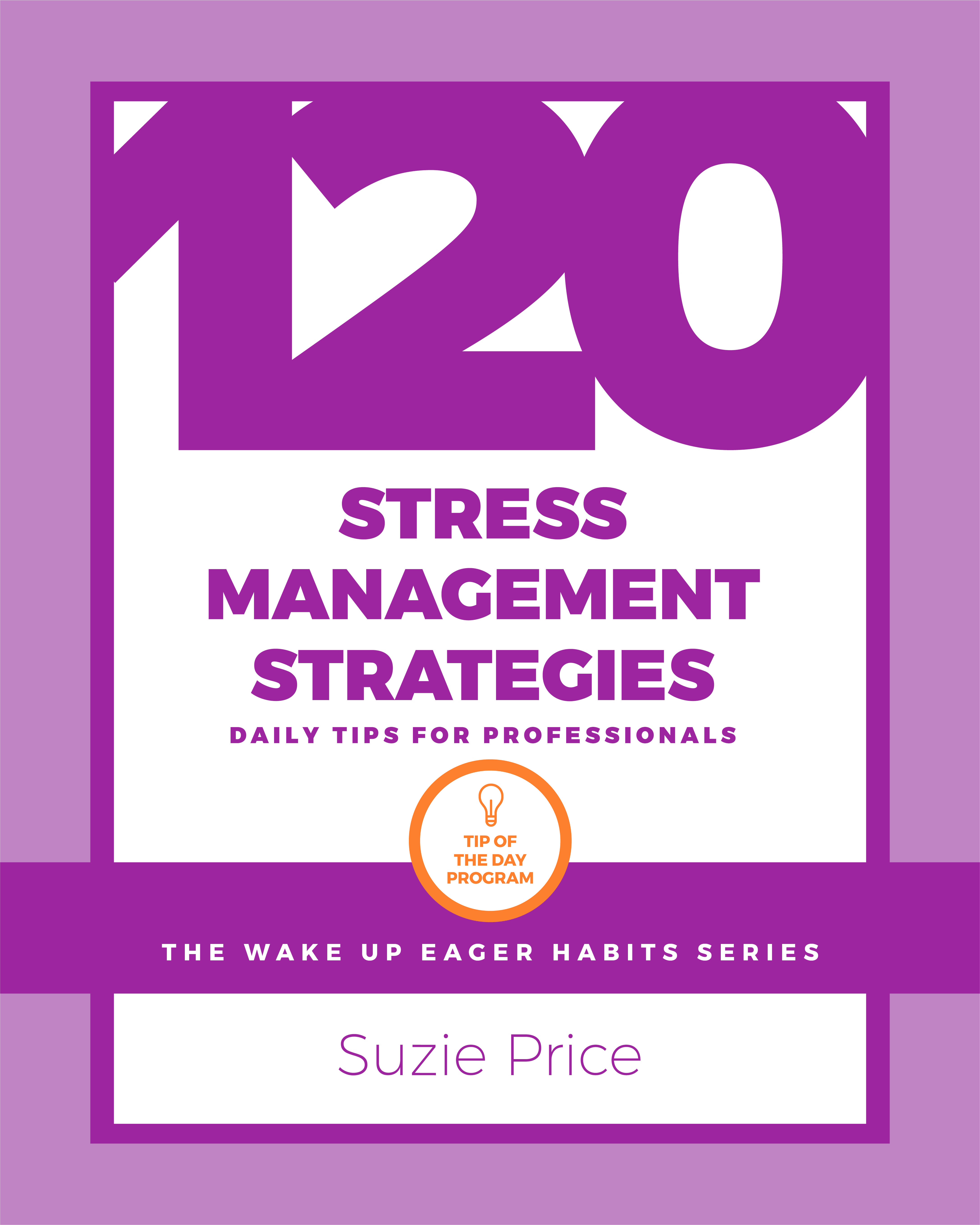The Know How You Need & the Tools to Get You There... Get Certified >

How to Give Feedback and Not Wreck Relationships: A Four Step Process

Page 1, 2
I learned how to give feedback from my watching first 'real-job' boss, Brutus, do it all wrong. His approach wrecked relationships and left 'dead bodies' in the hallway.
I was fresh out of college, and I knew I didn't know much. But, one thing I did know is that this business-smart senior executive did not know how to give feedback.
Here's an Example: I was with five of my teammates. We were laughing and having fun as we headed back into the office. This was first time we'd relaxed in months. We knew we were 30 minutes past our usual lunch hour, but we weren't concerned. We'd all been working 60 hours or more, for weeks. It felt good to have a little fun.
Besides, we'd made sure the office was covered so we could take this extra time to visit our youngest co-worker, who'd just had her first baby.
Our happy mood was short-lived.

Brutus (our boss and the Vice President of Human Resources) met us at the door with a sour look on his face. He curtly marched us down the hall, into his office and forcefully shut the door. It went down-hill from there.
I don't remember exactly what he said, but I definitely remember how I felt. With a red face, raised voice and finger-pointing he shouted something like: "You all know the rules. And you've all broken them. I never want to see this again... What were you thinking for all of you to be late together? Do you understand what that looks like to other departments? Do you?"
His approach left me feeling small, unappreciated and misunderstood. His team left his office deflated.
From that day forward my commitment and willingness to give 150%, changed. I decided I would do less, and figure out how to get out of there. And I did.
I can't speak for everyone else, but I do know that over a period of time, after that exchange with Brutus, every one of us left the department. Did we leave just because of this incident? No, not really. But it did change our commitment levels and it began the shift to less engagement and energy in that department and that boss.
How could Brutus have talked to us about our behavior and not dampened our performance, but improved it?
Okay, Brutus was right - we did violate the rules and our actions could have been negatively interpreted by other departments - since we were Human Resources and we were supposed to set the example.
How could Brutus have talked to us about our behavior and not dampened our performance, but improved it? The same question applies to other types of workforce behavior issues, like:
- How do you tell your highest producer that his expenses are too high without damaging his excellent sales record?
- How do you let your top-notch administrative assistant know that she's been late too much, and that it's causing problems without dampening her hard work and effort?
The typical manager can spend up to two days a week managing poor workplace work habits, low performance and team conflict.
Getting good at addressing work habit issues (like messy desks, too much personal time, being late) to effectively addressing performance issues (missed deadlines, low production, inadequate work product) can be tricky - but learning how to be effective with these conversations is important.
Review How to Give Feedback, page 2 - for a simple and effective four step process for addressing work habit and performance problems effectively.
Share Your Comments,
Wisdom & Questions...
What coaching would you give Brutus? How do YOU "discipline" good performers when they've crossed a line? What could Brutus have done differently?
What's your biggest challenge when giving feedback? Do you have any tips that would benefit others?
LET'S TALK:
Contact us to schedule a Complimentary Consulting Call
or to ask questions about any of our Hiring,
Coaching, Training and Assessment services.




